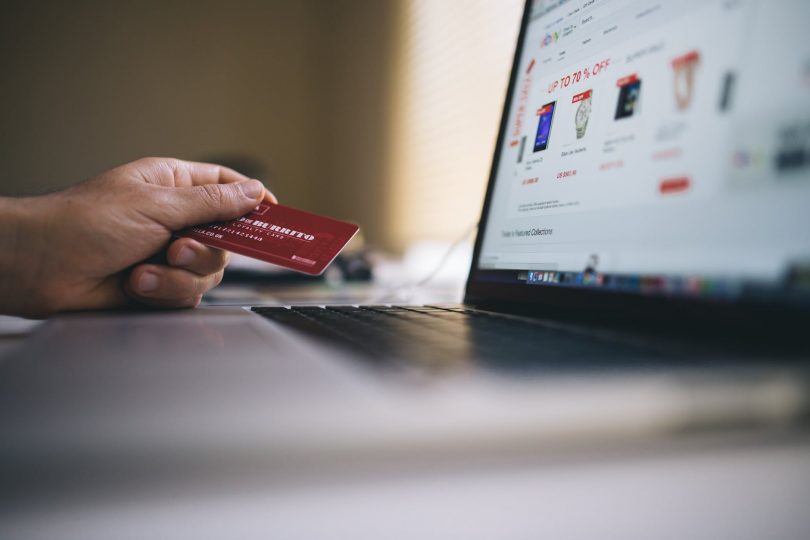During the pandemic, online shopping has grown enormously, and cybercriminals have been quick to exploit this.
With Christmas nearly upon us, scams are ramping up, with criminals’ prime targets including those buying electronic goods – such as smartphones, the PlayStation 5 and Xbox Series X, as well as bicycles and branded goods. Scams that steal personal data are also picking up the pace as cybercriminals seek to siphon personal information such as payment card data and email addresses to be used for identity fraud.
To help keep consumers safe when shopping online, we’ve earmarked seven top scams, how to spot them and how to ensure you don’t become a victim of fraud this Christmas.
Counterfeit Goods
The internet is awash with fake goods. One of the main tell-tale signs is if the product is suspiciously cheap. However, higher-quality counterfeits can be more expensive. For instance, genuine Jordan Four trainers can retail for up to several hundred pounds. ‘Good quality’ Jordan Four counterfeits are sold for £60 to £70 and upwards, leading the buyer into mistakenly thinking they have bagged a bargain. When shopping online, don’t be fooled by low prices for expensive goods and stick to reputable websites when making online purchases.
Purchase Scams
You can often pick up a bargain at an online marketplace or auction website. But you can also be defrauded. The basic ploy is simple; you part with your money but don’t receive the items you paid for. Item details and photos, often copied from a real seller’s listing, will look very real but the low price will be too good to be true. If a seller, or buyer, tries to persuade you to go outside the website’s usual process or payment methods, it’s a big red flag. When buying or selling on a website that offers protections to buyers and sellers, take advantage of it.
Christmas E-Cards
Scam Christmas e-cards contain malicious software hidden in animations, pictures, videos, or a link to a hacker-controlled website. Be wary of emails that push you in the direction of e-cards and if you receive a suspicious e-mail, don’t open it, don’t click any links, and don’t download any attachments. If malware is downloaded it is likely to be a banking Trojan or a form of spyware, both of which are designed to steal your sensitive data. Make sure you are using good antivirus software to detect malware.
Fake Websites
How do you identify fake websites? The first thing to look for is the https:// at the beginning of the address. The S in https:// stands for ‘secure’ and indicates that the website uses encryption to transfer data, protecting it from hackers. You might also notice a padlock before the https:// which also means the website can be trusted. If a website uses https:// (no S), it doesn’t mean that a website is a scam, but you shouldn’t make payments over it. Another thing to look out for is poor grammar. Fake websites are also unlikely to have Help and Contact pages.

Phishing Emails
Emails that urge quick action, otherwise known as phishing emails, are stock tools for cyber-villains. During the Christmas period you may have quite a few landing in your inbox that offer discounts, products and services, and even parcel deliveries. The goal of these phishing emails is usually to harvest your personal data for identity fraud. If they urge quick action, this is a strong sign that it’s a scam. Be patient and don’t respond to pressure, because cybercriminals are hoping you will reveal personal information such as payment card details, name and address, and so on.
Gift Card Scams
Scam Christmas gift cards are usually promoted via social media networks, like Facebook or Twitter. They claim to offer exclusive deals, such as an Amazon gift card that gives the holder discounts. However, scammers are looking to steal your personal information. How can you avoid falling victim to a gift card scam? Don’t click suspicious links on social media websites, even when a ‘special offer’ comes from a friend, and don’t complete online surveys that ask for your personal information.
Fake Charities
The season of goodwill presents opportunities for scammers. They either create bogus charities and appeal for donations through a website or misuse a charity’s name and appeal on their behalf. If in doubt about a charity, simply avoid it, or check with the Charity Commission’s website where you can find details of every registered charity by using the search tool.





























Leave a Comment
You must be logged in to post a comment.